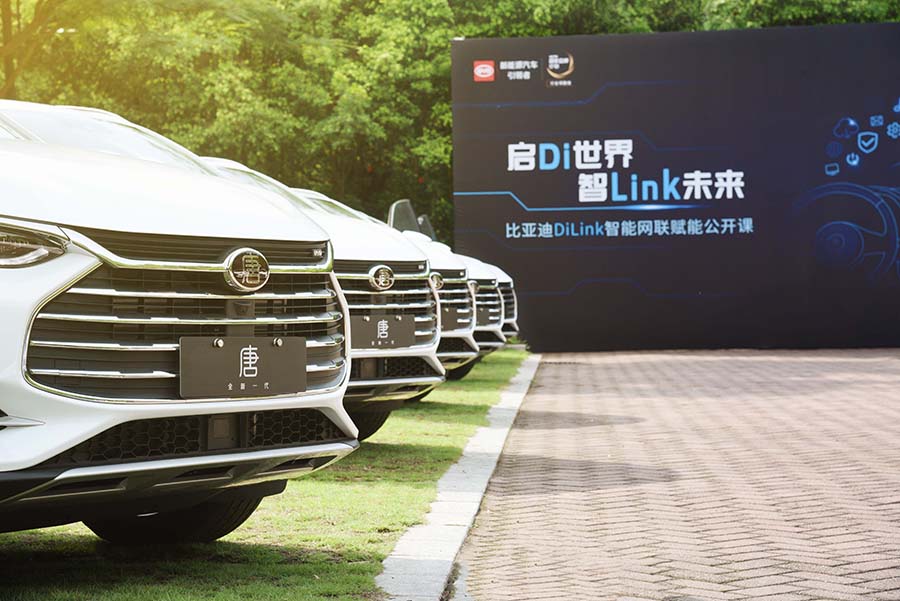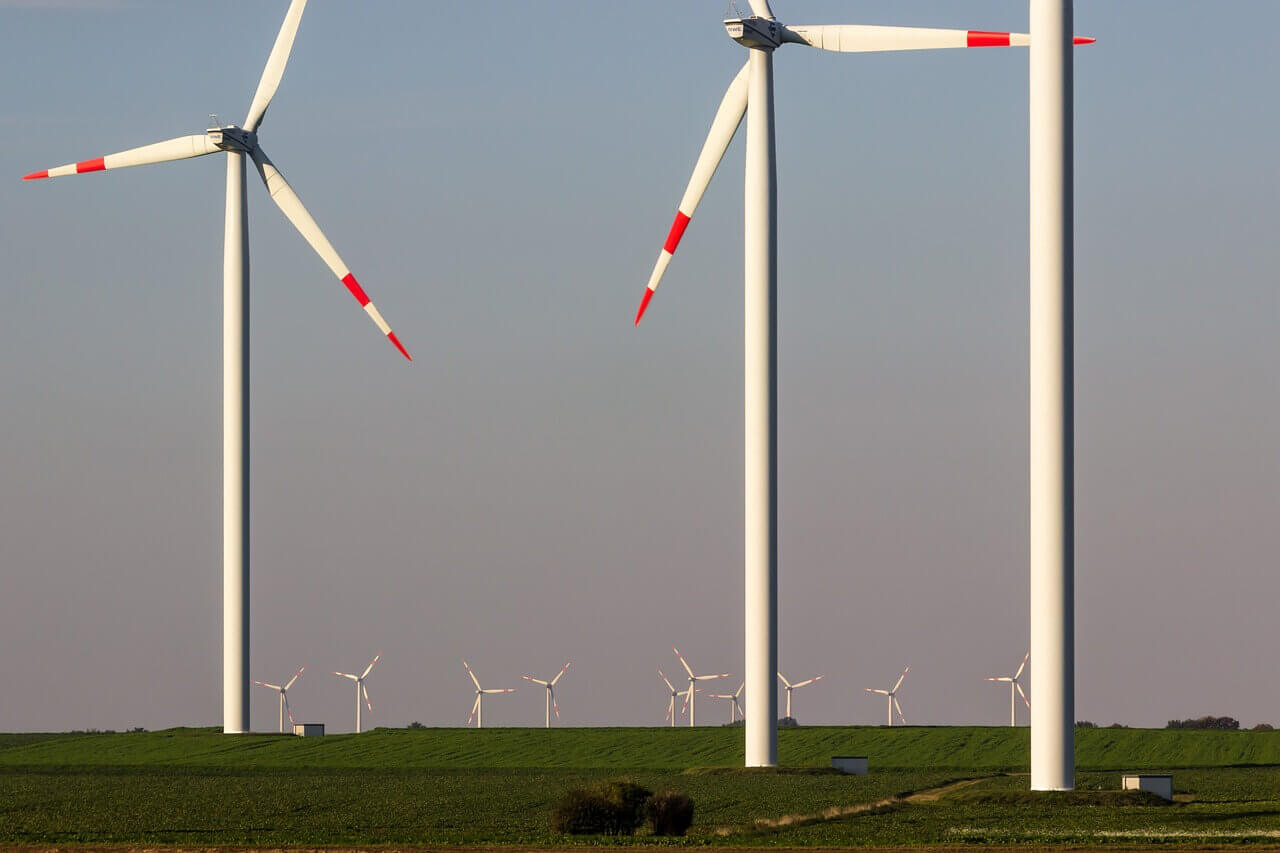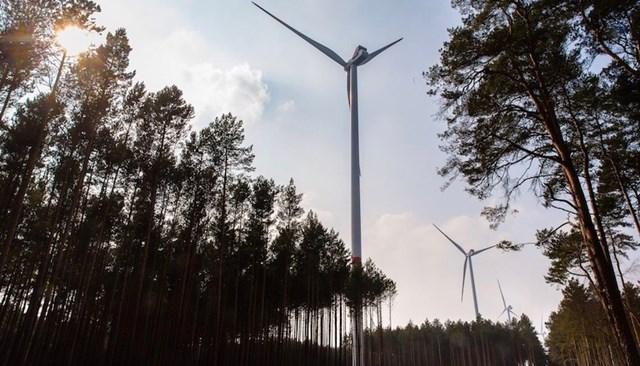Will Chinese Cars Dominate The Global Market? An Analysis

Table of Contents
Technological Advancements in Chinese Automotive Manufacturing
China's rise in the automotive sector is fueled by significant technological leaps. This isn't just about producing more cars; it's about leading innovation in key areas.
Electric Vehicle (EV) Leadership
China is a global leader in electric vehicle (EV) technology, boasting robust battery production, advanced charging infrastructure, and a rapidly growing market.
- Successful Chinese EV Brands: Companies like BYD, NIO, and Xpeng are making significant inroads internationally, offering competitive EVs with advanced features. Their success highlights China's prowess in EV battery technology and manufacturing.
- Government Subsidies: Government subsidies and incentives have played a crucial role in stimulating EV adoption within China and driving down production costs, making them more competitive on the global stage.
- Advancements in Battery Technology: China is at the forefront of developing innovative battery technologies, including advancements in battery density, charging speed, and lifespan, pushing the boundaries of EV performance and range.
Autonomous Driving Technology
China is investing heavily in artificial intelligence (AI) and autonomous driving technology. This commitment is translating into tangible progress.
- Investment in AI and Autonomous Driving Research: Massive investments in research and development are fueling advancements in autonomous driving capabilities, paving the way for sophisticated self-driving systems.
- Partnerships with Tech Companies: Collaborations between Chinese automakers and leading technology companies are accelerating the development and integration of autonomous features into vehicles.
- Regulatory Landscape: While the regulatory landscape for autonomous vehicles in China is still evolving, the government's supportive stance is fostering innovation and testing.
Connectivity and Smart Car Features
Modern Chinese vehicles are increasingly incorporating advanced connectivity and smart features, offering a compelling user experience.
- In-Car Technology: Many Chinese car models boast sophisticated infotainment systems, advanced driver-assistance systems (ADAS), and seamless smartphone integration.
- Integration with Mobile Devices: Seamless integration with popular mobile platforms enhances the overall driving experience and provides access to a wide range of services.
- Data Collection and Analysis: The collection and analysis of driving data are being leveraged to improve vehicle performance, enhance safety features, and personalize the user experience.
Competitive Pricing and Market Strategies
Chinese automakers benefit from significant cost advantages, enabling them to offer highly competitive pricing.
Cost-Effectiveness and Manufacturing Efficiency
Their cost-effectiveness stems from several factors:
- Lower Labor Costs: Lower labor costs compared to many established automotive manufacturers provide a significant advantage in production costs.
- Efficient Supply Chains: Well-established and efficient supply chains contribute to lower production costs and faster delivery times.
- Economies of Scale: The vast size of the domestic Chinese market allows manufacturers to achieve economies of scale, further reducing production costs.
- Government Support: Government support in the form of subsidies and tax incentives further reduces manufacturing costs.
Targeted Marketing and Global Expansion
Chinese automakers are employing sophisticated marketing strategies to expand internationally:
- Focus on Specific Geographic Regions: They are strategically targeting specific regions and adapting their offerings to local preferences and regulations.
- Partnerships with Local Distributors: Collaborations with established local distributors provide access to existing sales networks and market expertise.
- Adaptation of Vehicles to Local Needs: Modifying vehicles to meet local safety standards and consumer preferences is crucial for successful market penetration.
Government Support and Infrastructure
The Chinese government actively supports the automotive industry, creating a favorable environment for growth.
Government Policies and Incentives
Government support includes:
- Subsidies: Generous subsidies for EV production and adoption.
- Tax Breaks: Tax incentives to encourage investment and stimulate growth.
- Infrastructure Development: Investment in charging infrastructure and related technologies.
- Research Grants: Funding for research and development in key areas like electric vehicles and autonomous driving.
Domestic Market Size and Growth
China's massive domestic market provides a crucial springboard for global expansion:
- Size of the Chinese Car Market: China is the world's largest automotive market, providing a significant testbed for new technologies and models.
- Growth Projections: Continued growth in the Chinese market fuels economies of scale and strengthens the competitiveness of Chinese automakers.
- Impact on Economies of Scale: The vast domestic market allows for efficient production and cost reductions, further enhancing global competitiveness.
Challenges and Obstacles to Global Domination
Despite significant progress, Chinese automakers still face substantial challenges in their pursuit of global market dominance.
Brand Perception and Consumer Trust
Building trust and overcoming existing perceptions is a key hurdle:
- Building Brand Reputation: Establishing a strong global brand reputation requires sustained investment and consistent delivery of high-quality products.
- Overcoming Negative Stereotypes: Addressing negative perceptions about the quality and reliability of Chinese vehicles is essential for wider acceptance.
- Quality Control and Assurance: Maintaining rigorous quality control and assurance processes is vital for building consumer confidence.
Geopolitical Factors and Trade Relations
Geopolitical factors and international trade policies can significantly impact market access:
- Trade Wars: Trade disputes and tariffs can impose significant barriers to exporting Chinese vehicles to key markets.
- Sanctions: Economic sanctions can severely restrict market access and hinder global expansion efforts.
- Effect on Export Markets: International trade tensions can create uncertainty and disrupt export plans.
Competition from Established Automakers
Competition from established global players remains intense:
- Competition from European, American, and Japanese Car Manufacturers: Established automakers are not standing still; they are continuously innovating and investing heavily in new technologies.
- Technological Innovation Race: The competition for technological leadership is fierce, requiring constant investment in research and development to stay ahead.
Conclusion: The Future of Chinese Cars in the Global Arena
Chinese automakers have made remarkable progress, leveraging technological advancements, competitive pricing, and significant government support. Their strengths in electric vehicle technology and manufacturing efficiency are undeniable. However, challenges remain, particularly in building strong global brand recognition, navigating geopolitical complexities, and competing effectively against established players in the global automotive industry. Whether Chinese cars will dominate the global market remains to be seen. The future will likely be characterized by a dynamic competition among global players, with Chinese automakers playing an increasingly significant role. Stay informed about the evolving landscape of the Chinese car market, the global automotive industry, and the future of Chinese cars to understand this exciting and transformative period in the automotive world.

Featured Posts
-
 Florida A Cnn Anchors Favorite Vacation Spot
Apr 26, 2025
Florida A Cnn Anchors Favorite Vacation Spot
Apr 26, 2025 -
 La Fire Aftermath Price Gouging Allegations Surface Sparking Outrage
Apr 26, 2025
La Fire Aftermath Price Gouging Allegations Surface Sparking Outrage
Apr 26, 2025 -
 Karen Reads Murder Trials Key Dates And Events
Apr 26, 2025
Karen Reads Murder Trials Key Dates And Events
Apr 26, 2025 -
 Time Interview Trumps Support For Ban On Congressional Stock Trading
Apr 26, 2025
Time Interview Trumps Support For Ban On Congressional Stock Trading
Apr 26, 2025 -
 People Betting On La Wildfires A Troubling Trend
Apr 26, 2025
People Betting On La Wildfires A Troubling Trend
Apr 26, 2025
Latest Posts
-
 Pne Groups German Expansion New Permits Granted For Wind And Solar Energy
Apr 27, 2025
Pne Groups German Expansion New Permits Granted For Wind And Solar Energy
Apr 27, 2025 -
 Two Wind Farms And A Pv Plant Approved For Pne Group In Germany
Apr 27, 2025
Two Wind Farms And A Pv Plant Approved For Pne Group In Germany
Apr 27, 2025 -
 German Renewables Expansion Pne Group Receives Permits For Wind And Pv Projects
Apr 27, 2025
German Renewables Expansion Pne Group Receives Permits For Wind And Pv Projects
Apr 27, 2025 -
 Pne Group Awarded Permits For Two Wind Farms And A Solar Plant In Germany
Apr 27, 2025
Pne Group Awarded Permits For Two Wind Farms And A Solar Plant In Germany
Apr 27, 2025 -
 Thueringen Artenvielfalt Von Amphibien Und Reptilien Im Neuen Atlas Dokumentiert
Apr 27, 2025
Thueringen Artenvielfalt Von Amphibien Und Reptilien Im Neuen Atlas Dokumentiert
Apr 27, 2025
